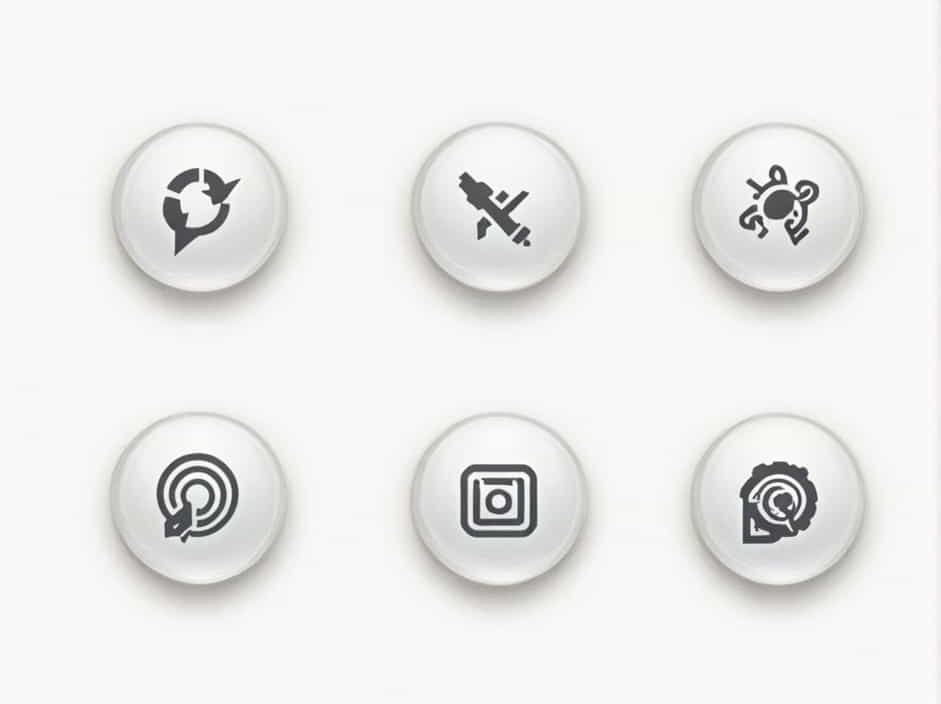The word refresher is commonly used in different contexts, from education and training to beverages and personal care products. Understanding its meaning and various uses can help improve communication and comprehension.
This topic will explain the definition, common uses, examples, synonyms, antonyms, and common mistakes when using the word refresher.
Definition of Refresher
What Does Refresher Mean?
The word refresher is a noun that generally refers to something that revives, updates, or renews knowledge, energy, or freshness.
Examples in Sentences:
- She attended a refresher course on computer programming.
- A cold drink is the perfect refresher on a hot day.
- The workshop served as a refresher for employees on company policies.
Word Origin and Pronunciation
- Origin: The word comes from “refresh”, which means to renew or revive.
- Pronunciation: /rɪˈfrɛʃər/
Common Uses of Refresher
1. Refresher as a Course or Training
One of the most common uses of refresher is in education and professional training. A refresher course is designed to help individuals review and update their knowledge or skills.
Examples:
- The company offers a refresher course in first aid every year.
- Teachers often take refresher training to stay updated on new teaching methods.
- He enrolled in a refresher program to improve his driving skills.
2. Refresher as a Drink or Beverage
A refresher can also refer to a cold or energizing drink that helps someone feel refreshed.
Examples:
- Lemonade is a great refresher in the summer.
- She ordered a fruit refresher to cool down after her workout.
- The café offers a variety of iced refreshers with natural fruit flavors.
3. Refresher in Personal Care and Beauty
In beauty and skincare, a refresher can refer to products that freshen up the skin, hair, or breath.
Examples:
- A facial mist can be used as a skin refresher during the day.
- Mouthwash is a common breath refresher.
- The new shampoo acts as a hair refresher between washes.
4. Refresher in Work and Productivity
A refresher can also mean a break or something that helps refresh the mind and body during work.
Examples:
- A short walk outside serves as a mental refresher.
- Taking deep breaths is a good refresher during long meetings.
- Listening to music can be a refresher when feeling stressed.
Synonyms and Antonyms of Refresher
Synonyms (Similar Meanings)
- Review (for refresher courses)
- Rejuvenator (for energy-boosting refreshers)
- Energizer
- Renewal
- Revival
Example:
- He took a review course in math. (Similar to: He took a refresher course in math.)
Antonyms (Opposite Meanings)
- Fatigue
- Exhaustion
- Dullness
- Stagnation
Example:
- A strong coffee acts as a refresher, while a lack of sleep leads to fatigue.
Common Mistakes When Using Refresher
1. Confusing “Refresher” with “Freshener”
Refresher refers to something that revives or updates, while freshener refers to something that adds a fresh scent or feeling.
Incorrect: I sprayed an air refresher in my car.
Correct: I sprayed an air freshener in my car.
2. Using “Refresher” Without Context
Since refresher has multiple meanings, it’s important to provide context to avoid confusion.
Incorrect: I need a refresher before my exam. (What kind of refresher? A break? A review session?)
Correct: I need a refresher course before my exam.
3. Using “Refresher” Instead of “Reminder”
A refresher helps renew knowledge, while a reminder is something that helps recall information.
Incorrect: Send me a refresher about the meeting.
Correct: Send me a reminder about the meeting.
Difference Between Refresher and Other Similar Words
1. Refresher vs. Reminder
- Refresher: Helps renew knowledge or energy.
- Reminder: Helps recall something.
Example:
- A refresher course helps review skills.
- A reminder helps you remember a task.
2. Refresher vs. Freshener
- Refresher: Improves or renews something.
- Freshener: Adds a fresh quality (scent, feeling).
Example:
- A breath refresher keeps your mouth feeling clean.
- An air freshener keeps a room smelling good.
3. Refresher vs. Booster
- Refresher: Restores something to its previous state.
- Booster: Enhances or increases something.
Example:
- A refresher helps restore energy.
- A booster helps increase energy levels.
Why Understanding Refresher Is Important
1. Helps in Professional and Academic Growth
Knowing what a refresher course is can help students and professionals stay updated on important skills.
2. Useful in Daily Life
Understanding the word refresher allows better communication, especially when referring to drinks, beauty products, and mental breaks.
3. Avoids Miscommunication
Using refresher correctly ensures that people understand whether you’re talking about a course, a drink, or a break.
The word refresher is a noun that refers to something that revives, renews, or updates knowledge, energy, or freshness. It is commonly used in education, beverages, personal care, and productivity.
By understanding the correct use of refresher, its synonyms, antonyms, and common mistakes, you can communicate more effectively and use the word appropriately in different contexts.
